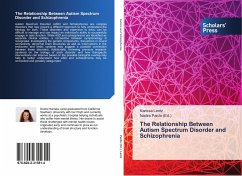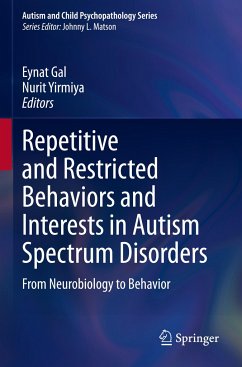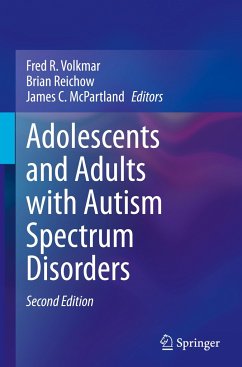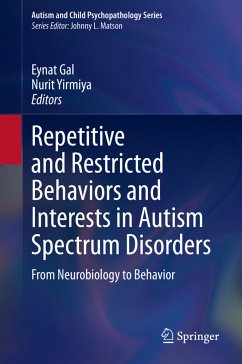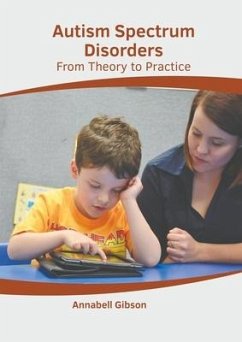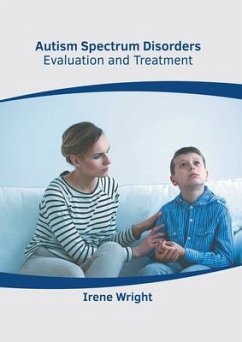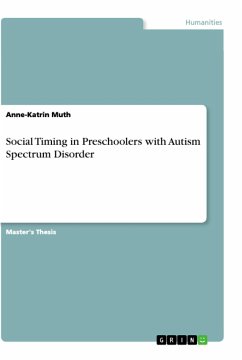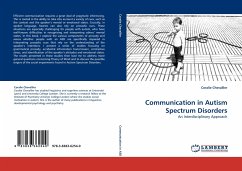
Communication in Autism Spectrum Disorders
An Interdisciplinary Approach
Versandkostenfrei!
Versandfertig in 6-10 Tagen
52,99 €
inkl. MwSt.

PAYBACK Punkte
26 °P sammeln!
Efficient communication requires a great deal of pragmatic inferencing. This is rooted in the ability to take into account a variety of cues, such as the context and the speaker s mental or emotional states. Crucially, in spoken language, hearers can also rely on prosodic cues. These situations are especially challenging for people with autism, who have well-known difficulties in recognising and interpreting others mental states. In this book, I explore the various components of prosody and assess whether people with an ASD are specifically impaired in interpreting prosodic cues that rely on t...
Efficient communication requires a great deal of pragmatic inferencing. This is rooted in the ability to take into account a variety of cues, such as the context and the speaker s mental or emotional states. Crucially, in spoken language, hearers can also rely on prosodic cues. These situations are especially challenging for people with autism, who have well-known difficulties in recognising and interpreting others mental states. In this book, I explore the various components of prosody and assess whether people with an ASD are specifically impaired in interpreting prosodic cues that rely on the understanding of the speaker s intentions. I present a series of studies focusing on grammatical prosody, accidental information transmission, contrastive stress, and identification of the speaker s attitudes and emotional states. The results presented in these studies then lead me to address more general questions concerning Theory of Mind and to discuss the possible origins of the social impairments found in Autism Spectrum Disorders.



